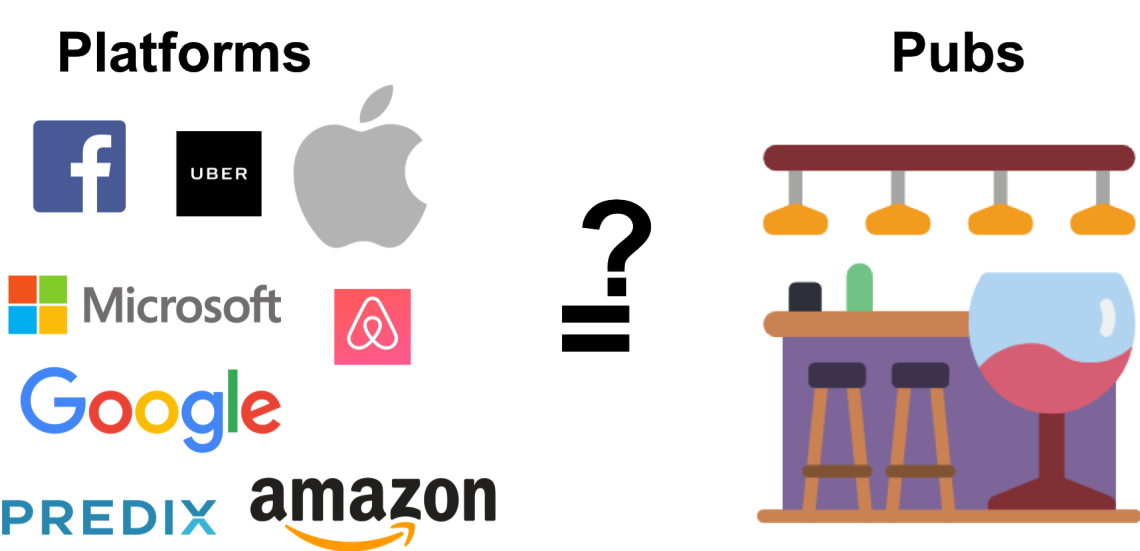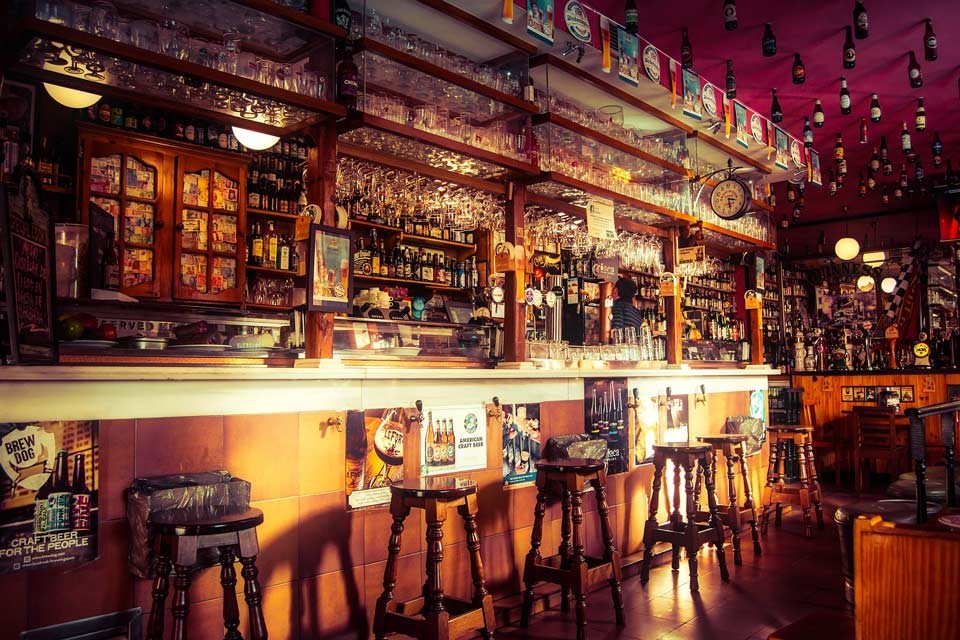Software alone is no longer king
Most people have heard the quote by Marc Andreessen that “software is eating the world” by now. It was coined at a time when the technologies required to transform traditional industries (powerful portable computers and fast & remote internet connections) were available and affordable on a global scale for the first time.
This was not long ago in 2011 but fast forward to today and software alone is no longer the key differentiator among global players. The code behind some of today’s internet behemoths is in its core easily replicable. What is it then that has fostered companies like Amazon, Facebook, Airbnb, Uber and others to be among the most valuable companies in the world? The answer looking back is easy - setting up their business as a platform.
Platforms: the next best superstar in the business and start-up world
Platforms and the data they collect are the new predators that are eating the world. Software on the other hand has lost its spotlight and has become an enabling force playing in the background. Therefore, it is not surprising that every enterprise, be it an established player or the newest start-up, wants to reap the benefits of the platform business. Being a platform in the present is like being a social network during the turn of the millennium or a dot.com start-up in the 90s.
However, even though platforms have been the hot topic of discussion for some time now, there still is a lack of basic understanding on their core building blocks. There are numerous technological explanations available on the topic and one that we can recommend is the following: http://platformed.info/platform-stack/ . Instead of another technical description however, this article shows what similarities can be discovered when comparing a platform to a local pub anywhere in the world. Surprisingly, the core principles are very similar for both.

Three key parts of a successful pub/platform
A platform needs three things to have a chance at becoming successful and the same applies in its core for every pub.
1. Infrastructure
First and foremost, the underlying infrastructure is required in both cases. For the platform this means the technology part (the software that allows operations). For the pub this means the actual space and everything that is needed to operate from glasses to pin systems filled with beer. On its own both don’t provide much value. Instead they provide the infrastructure that allows participants or customers to create & share value.
2. Attract people and give a reason to visit
Once the infrastructure is established both the platform and new pub need to provide a compelling reason for its users to visit. Because, just by providing infrastructure, neither the pub nor the platform is fun if you are the only one using it. Therefore, both face the same challenge of attracting more and more users.
The pub can use the oldest trick in the book to provide a solution for the attraction part and introduce happy hours or ladies’ nights. Both work in the same way as they provide an incentive for the visit. The former subsidises the users own consumption while the latter subsidises the consumption of users that are usually more difficult to attract with the hope that their presence will attract regular users. In this case the users are men and women, but the same tactic can be successfully employed by platforms.
Likewise, platforms subsidise one side of the platform to stimulate the other and thus attract two different type of users. In the case of platforms those are usually producers and consumers. Of course, the more people join the better the experience becomes and the more likely it is that the users will recommend the service.
3. Drive engagement and continue providing the right match
Last but not least, a successful platform and a successful pub need to keep you engaged once you have joined. At the pub, the solution to the problem might be a knowledgeable barkeeper that is able to recommend the right drink for you based on your preferences.
On the platform the same mechanism is being employed but instead of the knowledge of a single human being, the collective available data from all users is employed to pair them with the best possible option.

The difference is in the details
While those three parts are the cornerstones of both a successful platform business and a successful pub, there is one substantial difference between both and that is scalability.
The pub faces physical limitations and cannot expand rapidly to accommodate an exponential increase in users even if the business would like to. At one point the capacity is exhausted and there is no possibility for growth except through the expansion to a bigger space or the opening of a second place which is linked to considerable additional cost. With platforms on the other hand, there is no physical limit.
Once the initial system is set up and the network effect has kicked in, the marginal cost for another user decreases almost to zero. At the same time, the value for every user increases the more users join. This little detail, however, makes all the difference. It is the reason why there are more and more platforms among the most successful companies in the world but not that many pubs.
To sum it up, enjoy your drink in your favourite pub while maybe thinking about the next big platform to come. Cheers!
Key Takeaways and Outlook:
In case this article has sparked your interest stay tuned for more. If you have any questions regarding platforms or any comments to this approach, please let us know and share your thoughts with us. As we build to evolve we are always interested to listen.
- Platforms and Pubs do have similarities
- Happy hours work in the physical and in the digital world
- Platforms are successful because every additional user provides value to the system without adding to its cost
Published by Michael Toborek, accilium